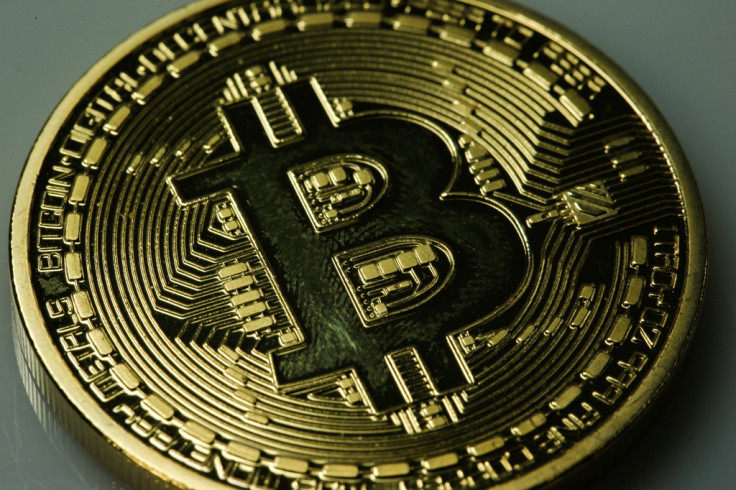Bank of Finland Labels Bitcoin As Commodity After Failing Money Test

Virtual currency bitcoin does not meet the definition of a currency or even an electronic payment form in Finland and the country's central bank has decided to label the software a commodity.
The Bank of Finland has rejected bitcoin's status as a legal form of tender but Finns can legally use the software to transact.
Meanwhile, Finland's Financial Supervisory Authority (FIN-FSA) has said that it cannot regulate bitcoins or similar software at present.
Capital gains made on bitcoin investments are taxed but losses are not deductible, according to Finland's tax authority. Finns are also required to pay income tax on mined bitcoins.
In Finland, an AAA-rated Euro member, the response to bitcoins has been mixed. One in ten Finns were interested in investing in bitcoins, according to a poll by stockbroker Nordnet AB, and the interest among men was higher.
The price of one bitcoin has dropped to around $820 on Bitstamp, an online exchange where the digital currency is traded for money. A single bitcoin was worth about $15 a year ago.
"Bitcoin is likely a multi year, multi decade type of investment," Barry Silbert, founder and chief executive of SecondMarket told Bloomberg Television. His company's bitcoin Investment Trust has as much as $65m under management.
"The outcome is likely binary: you're either going to lose all of your money or it's going to be a fantastic return," Silbert added.
"Considering the definition of an official currency as set out in law, it's not that. It's also not a payment instrument, because the law stipulates that a payment instrument must have an issuer responsible for its operation," said Paeivi Heikkinen, head of oversight at the Bank of Finland.
"Finns can enter into agreements on which means of exchange they want to use. No one supervises or regulates it, no one guarantees it and its value has fluctuated hugely. It's at your own risk.
"At this stage it's more comparable to a commodity," Heikkinen said.
"The changes in value are totally unregulated and very vulnerable to news, speculation and hoaxes. If the phenomenon grows and begins to cause side effects, officials will then have to consider whether to regulate it and how," Heikkinen added.
"If there appears a need to supervise the virtual currency and related activity, legislation should define this. Buying bitcoins isn't a payments service regulated by current law. It's like buying some product," said Katri Jokinen, legal adviser at FIN-FSA's institutional supervision division.
Finland is the latest country to address the virtual crypto-currency's legality.
In the Nordic region, bitcoins have failed to be recognised as real money by Norway, while in Denmark the financial watchdog said it was drafting recommendations for lawmakers on how to handle bitcoin and its competitors.
In the UK, HMRC is expected to change its classification of bitcoin from a tradable voucher to a private currency, eliminating uncertainties over capital gains tax and producing a reduced VAT, or sales tax, liability.
Experts have said the move would give Britain's bitcoin industry "a significant competitive advantage" over that of countries like China and the US, who have a less welcoming view of the currency.
Bitcoin ATM
Europe's first automated teller machine for buying the mysterious currency was installed at a record store at Helsinki Railway Station in December 2013.
To buy bitcoins, customers punch in their bitcoin-wallet identifier, insert euro bills and the virtual currency is transferred digitally to the wallet online.
Binary Outcome
The decentralised digital currency passed the $1,000 mark for the first time in November 2013, representing a gain of more than 4,000% since the start of that year.
The $1,000 (£609) mark was recorded by the Tokyo-based Mt Gox bitcoin exchange on 27 November, following weeks of rapid growth.
© Copyright IBTimes 2025. All rights reserved.






















